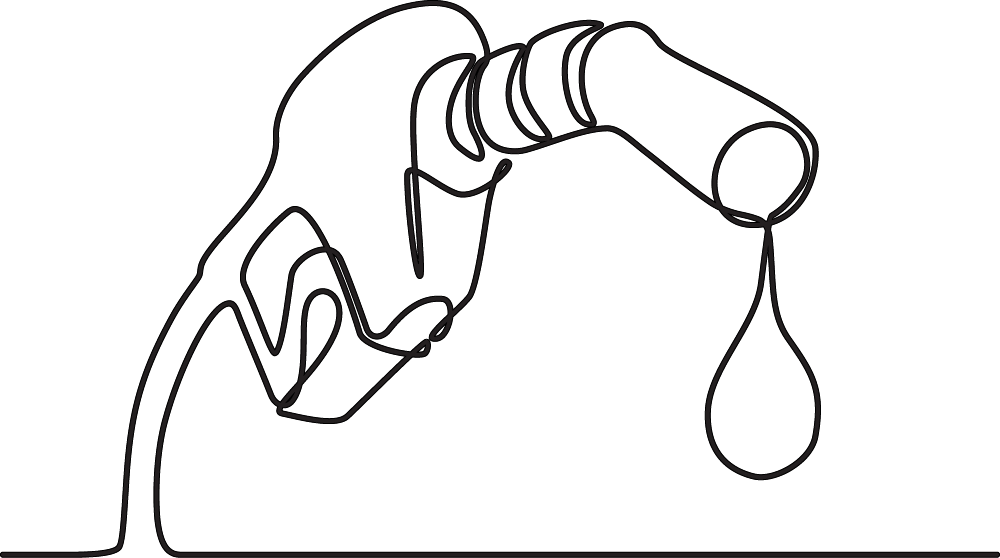In order to reduce emissions and improve air quality, the UK government has announced the 2030 petrol and diesel ban, which prohibits the sale of all new petrol and diesel cars. The news was first announced in July 2018 and has caused a lot of concern among drivers who rely on petrol cars, as there is no clear plan in place for how this will be implemented.
While the ban is still several years away, there are a number of things you can do now to prepare for it. Many people are considering whether they should sell their petrol car before 2030. In this article, we will explore everything you need to know before selling your petrol car.
Get a free valuation
Devaluing petrol cars
There is a lot of concern about the value of petrol cars after the 2030 ban. As 2030 approaches, the value of petrol cars is expected to plummet as manufacturers still offering new models for sale are likely to discount heavily. The resale value of petrol cars is expected to be affected by the introduction of low emission zones in cities including London, Birmingham, Portsmouth and more to come.

Should I keep my petrol car?
There are a number of factors to consider when making this decision. The first is how long your petrol car is likely to last. Many cars manufactured before 2010 will not meet the Euro 6 standards, which are the current basis for laws aimed to tackle vehicle pollution, so it may be worth considering replacing your car sooner rather than later. Particularly for those living in London or in areas of the country with low emission zones, you may find yourself struggling to drive freely without facing hefty fees.
Another factor to consider is how much money you will save by converting to a hybrid or electric car. The government offers grants and subsidies for people who switch to these types of cars, so it is worth investigating what’s available before making a decision.
How long do petrol cars last?
A petrol car will usually last around 10-12 years if it's well looked after. After this point, they may start to experience problems with things like the engine or gearbox. Parts can also start to wear out, meaning that the car needs more and more expensive repairs in order to keep it running.
You should make sure to change the oil and the filters regularly, and to keep the car clean both inside and out. If you don't take care of your car, it may not last as long.
Will petrol cars be banned in the future?
No, the ban on petrol cars only applies to the purchase of new vehicles with internal combustion engines; existing vehicles will continue to be legal to own and use. Given that a car's lifespan is 14 years, new petrol cars purchased in late 2029 could be driven at least until 2044.
How can I sell my petrol car?
There are a variety of ways that you can sell your car, whether that is privately, to a dealership or for scraps, it’s all about picking the best way to sell your car for you. Each method of selling has advantages and disadvantages, but if you're searching for a quick and simple sale, a car buying comparison site is the one.
Selling your petrol car with webuyanycar is quite easy really. Simply enter your registration number into our car valuation, and you're done. You'll receive an offer in a matter of seconds, and all you have to do is book an appointment at one of our 500+ UK branches to complete the deal.

Other Frequently Asked Questions
Electric cars are becoming more popular, and as technology improves, they are becoming more affordable. Some people are considering selling their petrol cars and buying electric ones instead. It goes without saying that electric cars are much more environmentally friendly than petrol cars – they produce zero emissions, which is great for air quality and climate change. Due to the government's plans to have zero emissions on the roads by 2040, you might want to get an electric car right away. Otherwise, you might not have a choice in the future.
Despite the upcoming 2030 ban on petrol cars, buying a petrol car is still worthwhile. There are a few factors to consider including, budget, location and the infrastructure in place. A petrol car will typically cost less to purchase than a diesel cars. Additionally, they are cheaper to run than so you will be saving money at the pump. Whilst electric cars are becoming more popular every day, if you live in a rural area with limited access to charging stations, an electric car may not be the best option for you. In this case, a petrol car may still be the best choice.


